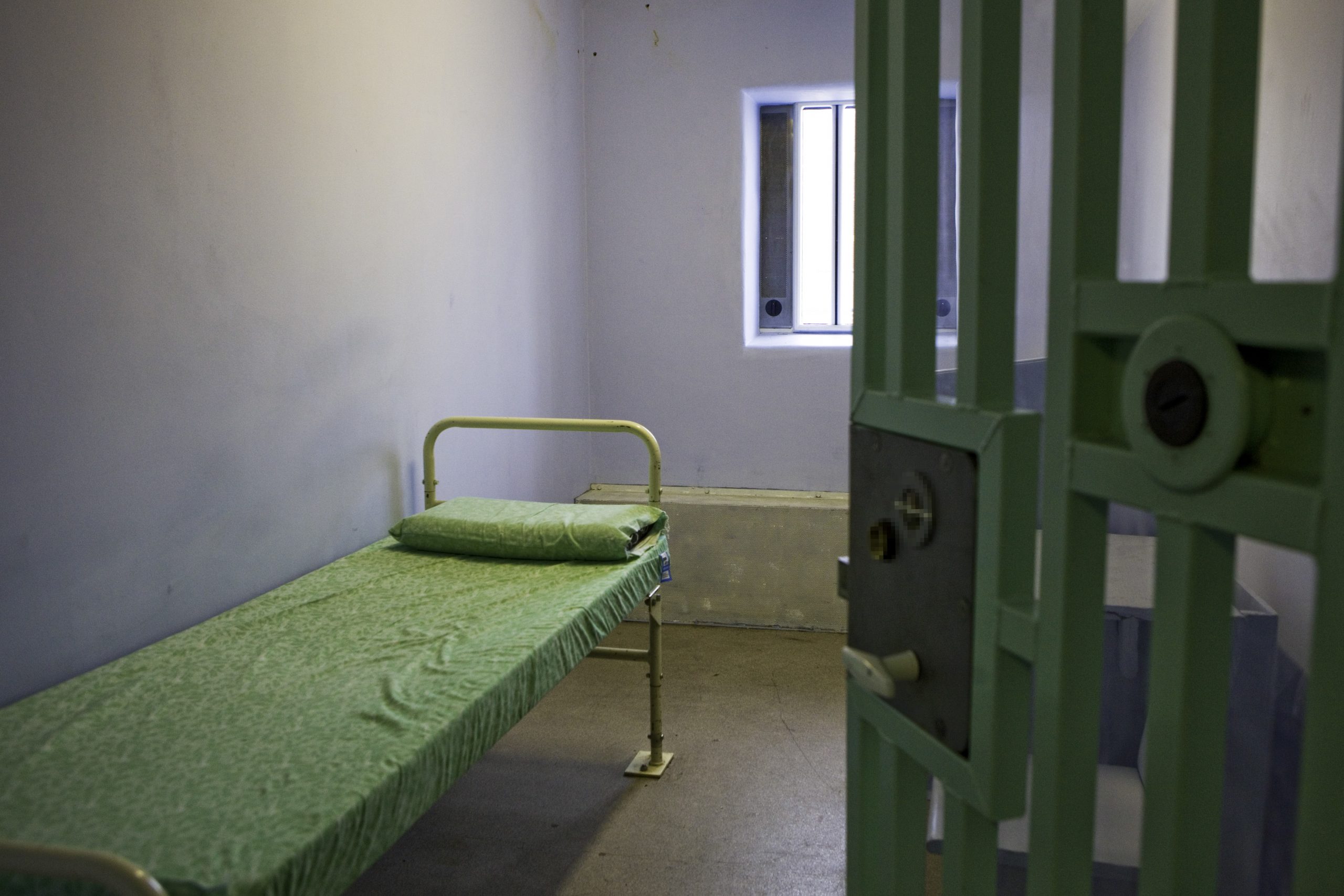A coalition of groups has highlighted the ‘appalling conditions’ children and young adults are being subjected to in the children’s estate and called for calls for a halt on the proposed introduction of of PAVA spray. Some 30 signatories including the Alliance for Youth Justice, Howard League for Penal Reform, Prison Reform Trust, Liberty, Action for Race Equality, and Children’s Rights Alliance For England have expressed their concerns about the rapid increase in young adults held in prisons in a letter to the justice minister Damian Hinds.
The Ministry of Justice shifted the presumed date a young person transitions from youth to adult custody from the 18th to 19th birthday as part of the government’s Operation Safeguard dealing with overcrowding in prisons – as confirmed last December by Damian Hinds in a letter to Sir Bob Neill, chair of the House of Commons’ justice committee (here). According to the open letter to the minister, the number of young people aged 18 or over in the children’s secure estate increased by 140% in the five months after Safeguard was announced to 132. ‘Making up 22% of the youth custody population and an estimated 28% of YOIs, this is by far the greatest proportion of young adults held in the children’s estate since records began,’ it continues. ‘It begs the question, when does child custody cease to be custody for children?’
The groups are ‘gravely concerned’ about the ‘appalling, potentially unlawful treatment of children and young people in custody’ including prolonged solitary confinement and reports of children and young people at risk of serious harm ‘often driven by frustration at inadequate regimes and needs not being met’. The letter highlights the deployment of ‘general purpose dogs’ such as German Shepherds used by the prison service as ‘deterrence’ during incidents and devices such as stun grenades or ‘flashbangs’. ‘We are dismayed that rather than putting the time and resources into addressing the root causes of children and young people’s behaviour, policymakers are seriously considering arming custody staff with harmful irritant sprays to use on children.’
‘Eighteen year olds transitioning into the adult custodial estate face a frightening cliff edge, and outcomes for young adults in custody are deeply concerning,’ the letter continues. ‘We do not deny that, where 18 year olds are approaching the end of their sentence and an individualised approach is taken, remaining in the children’s secure estate may often be preferable and vital for their wellbeing. However, concern for 18 year olds is not why the policy decision to increasingly keep them in the children’s estate was made. Nor was the decision made because it had been deemed the children’s estate was in a good, fit state to meet the needs of the children held there as well as a rapidly increasing population of young adults. Rather, the decision was purely based on capacity failures in the adult estate.’
You can read the letter here.







